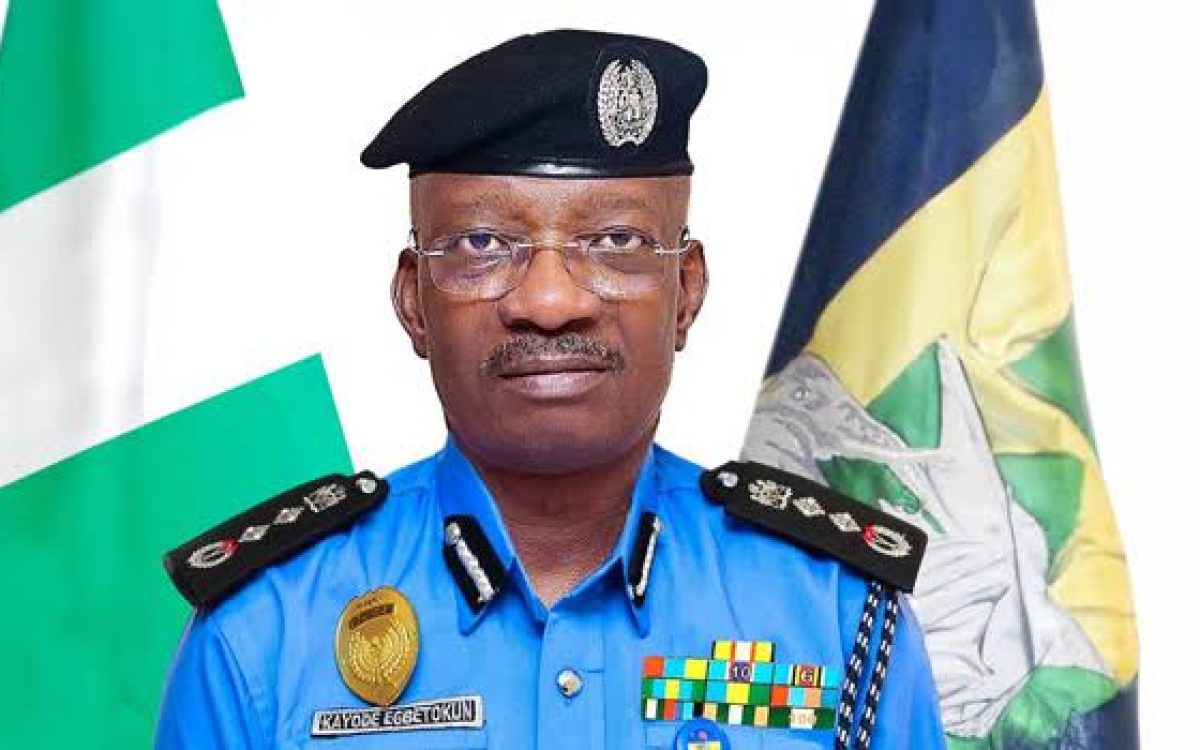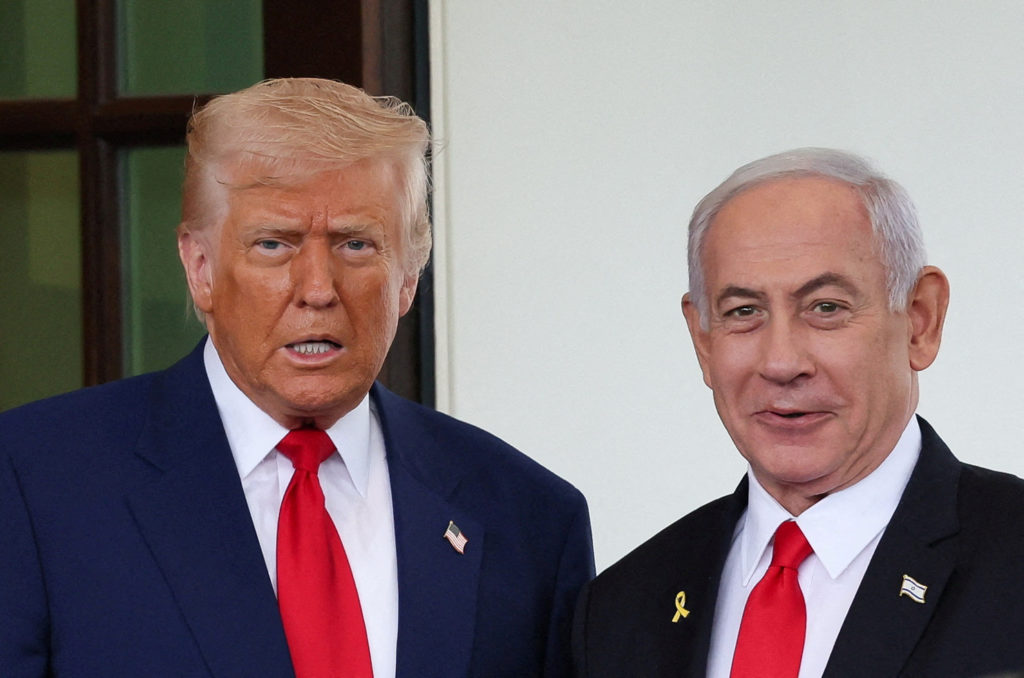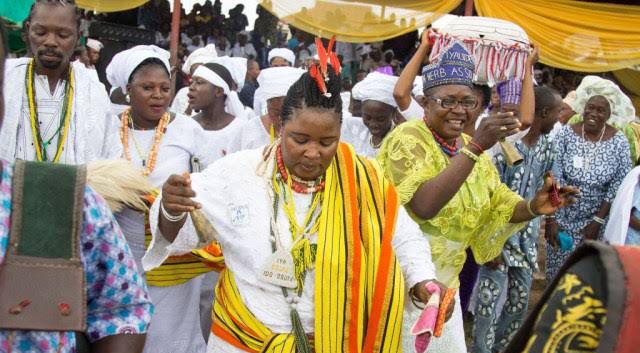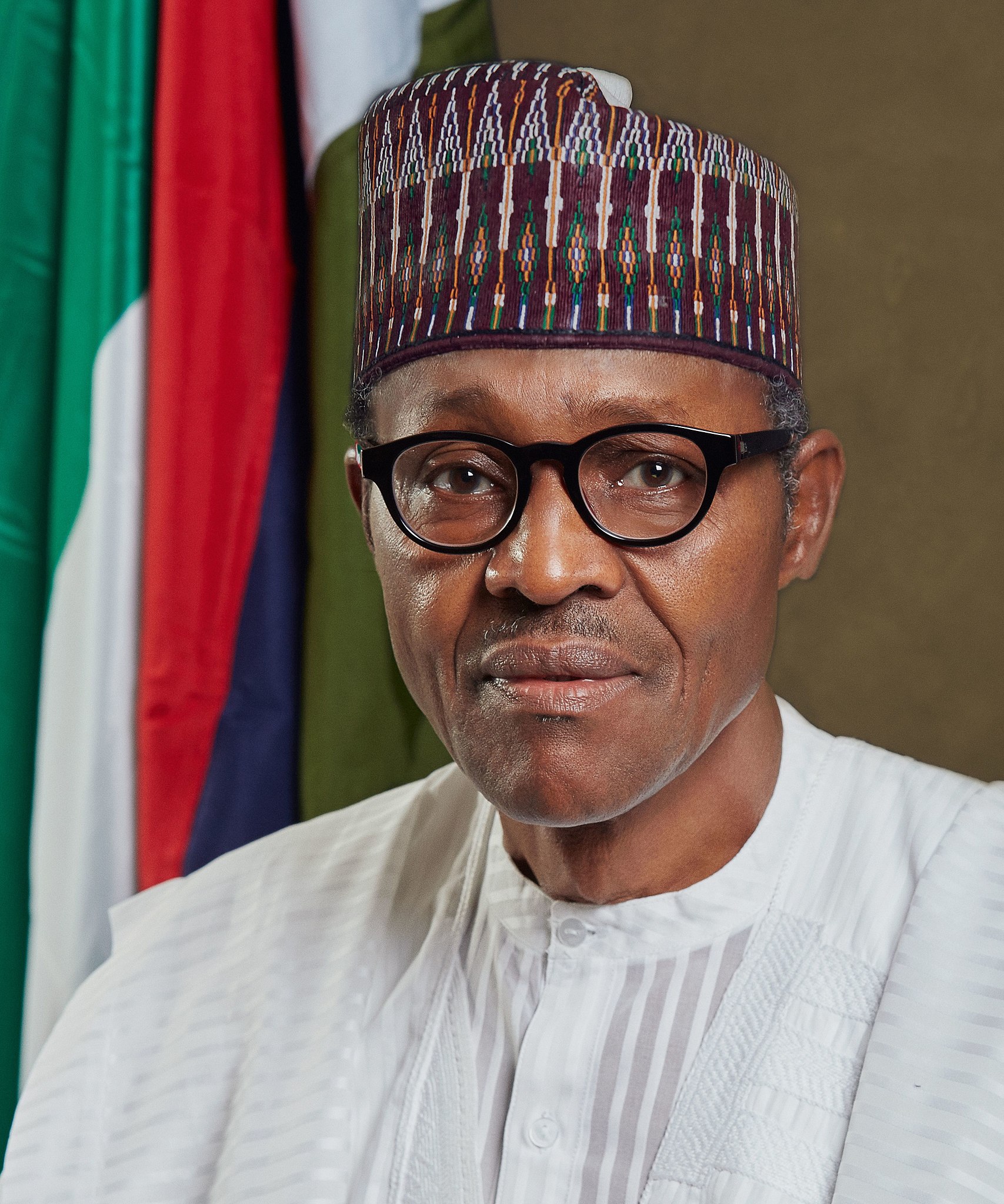Unfortunately, the Northern part of Nigeria has been the epic center of the insecurity that has ravaged the country, beginning with the Boko Haram insurgency, which is a movement that is premised on the ideology that is against the western education in Nigeria. Holders of this ideology believe that western education is a usurpation on the doctrines of Islamic religion. Since the time of its evolution in 2012 or earlier as the case may be, several precious lives of Nigerians have been lost to this scourge and the menace has given birth to other criminal activities such as banditry and kidnapping for ransom with most of the incidents happening in the Northern part of the country. The problem of terrorism, which began in the Northeast, has permeated almost all the Northern part of the country with its effect now being felt in the Northwest, in states including Zamfara, Kaduna, Niger, Sokoto and their environs. This is not to discountenance the fact that there have been isolated cases of terrorism and banditry in other parts of the country, including Southwest, Southeast and South-south. In the Southeast, it has taken the shape of agitations under the cover of the prescribed organization known as the Indigenous People of Biafra (IPOB) with its leader who has remained in the custody of the Nigerian government for years, Mr. Nnamdi Kanu.
There have been killings in the region by what is termed the unknown gun men who have wreaked havoc on the security agencies, especially the Nigerian Police. The Nigeria Police Force is the principal law enforcement and the lead security agency in Nigeria. During the colonial period, most police were associated with Local Governments (Native Authorities). However, in the 1960s, under the First Republic, these forces were first regionalized and then nationalized. The British merged Lagos colony and the Southern and Northern Protectorates in 1914 and named the new colony Nigeria. The Northern and Southern Regional Police Forces were later merged in 1930 to form the colony’s first National Police. It was designated by the 1999 constitution as the national police of Nigeria, with exclusive jurisdiction throughout the country. As at 2021, it had a staff strength of about 371,800. There are currently plans to increase the force to 650,000, adding 280,000 new recruits to the existing 370,000. The Nigeria Police Force is a very large organisation consisting of 36 State commands and Federal Capital Territory (FCT) grouped into 17 zones and 8 administrative organs. As at July 2024, the NPF is headed by IGP (Inspector General) Kayode Egbetokun. In 2020, it underwent major overhauls.

The size of the Nigeria Police is small and inadequate when compared to the ever increasing population of the country, which now stands at above 200 million. Ideally going by the world’s best practices, a Police is expected to be in charge of not more than 300-400 people, but the case is far from being the reality we have in Nigeria, and this accounts for why the NPF is believed to be overstressed, overwhelmed, and ineffective in its work of policing as the case may be. There are so many cases of atrocities carried out against Nigerians by the Police and one of several of such accounted for the EndSARS movement of October 2020, which led to the loss of lives of many of the Nigerian youths who participated in the protests, a few Police officers, and the destruction of so many valuables, including buildings, vehicles, and infrastructures.
Members of the Nigeria Police Force are not in the good book of Nigerians due to their high-handedness and incivility in policing the citizens. The Nigeria Police, seems not to have forgotten or learned anything different from the ideologies of the country’s colonial masters, who created and used the security agencies for the subjugation and suppression of Nigerians. Here are some of the reported acts of excessiveness and high-handedness of the Nigeria Police, including cases of corruption and extra-judicial killings.

On 5th January 2020, three Nigeria Police Force officers were arrested after beating a bus passenger, who also turned out to be the Nigerian Supreme Court Justice Obasi, after he refused to unlock his mobile phone. On 3rd April 2020, a Nigerian police officer was arrested for assaulting a port worker. On 18th April 2020, the Nigeria Police Force stated that two of its officers were arrested after being caught on film beating a woman at the Odo Ori Market in Iwo, Osun State. On 28th April 2020, it was reported that the Nigeria Police Force’s Rivers State Police Command arraigned former Sergeant Bitrus Osaiah in court for shooting to death his female colleague, Lavender Elekwachi, during a raid on street trading and illegal motor parks the previous week. Osaiah was dismissed as a police officer the previous day for killing Elekwachi, who also held the rank of a Sergeant. On 21st May 2020, Yahaya Adeshina, the Divisional Police Officer of Ilemba Hausa Division, was arresting for assisting Kehinde Elijah and Ezeh Joseph in the 10th May 2020 murder of sergeant Onalaja Onajide. Adeshina and the other shooters were wanted for “violent crimes.” On 30th May 2020, two Lagos police officers were arrested for shooting to death a 16-year-old girl. On 31st July, Peter Ebah, an Inspector officer for the NPF’s Rivers Command, was arrested for raping a woman at a checkpoint in the Tai area of Rivers State for not wearing a face mask. As of 9th September 2020, he was still in custody for the rape. A case involving accusations that Nigeria Police Force officers in Abuja raped some of 65 women who were arrested for illicit nightclub activity in April 2019 after they refused to pay the officers bribes for their release was still ongoing as well.
There have been reports of corruption and incessant violation of human rights by the Nigerian Police Force (NPF). One of the most damning reports was published on 17th August 2010 by Human Rights Watch (HRW). Another report by Amnesty International USA accused the Nigerian Police Force of intimidation of Journalists, forced eviction, and other human rights violation. On 12th May 2020, This Day newspaper carried a report on the gross abuse and violation of human rights committed by the Nigerian Police Force during the COVID-19 pandemic lockdown. The newspaper report accused the Nigerian Police Force of committing more extrajudicial killings and other human rights violations during the period of the lockdown extension in the country, stating that this accounted for 59.6 per cent of the total cases of violations.

Although, the EndSARS movement was able to achieve the disbandment of the Special Police Unit called SARS, however, all the other demands of the EndSARS protesters, which could have resulted in the overhaul of the Nigerian Police Force, giving birth to a set of new breed Police personnels for Nigeria, are yet to be met. To this end, the Nigerian Police as the popular saying goes, remains as a leopard that cannot change its spot.
Looking critically into the war against insurgency, banditry, and other violent crimes in Nigeria, since the time that the Boko Haram insurgency began in 2012 or thereabout, the Nigerian Police, which is a creation of the constitution of the country as the lead security agency and expected to be in the forefront in the war against terrorism and banditry, seems to have abdicated its responsibility by taking the back stage, thereby making the Military to be in charge. This development is an eyesore, making the Police not to be different from a bulldog that can only bark and not bite. The force has been reduced to the instrument used only for providing security to the VIPs and clamping down on peaceful protesters. Recall how the Nigerian Police killed 20 peaceful protesters in the lasted End Bad Governance protest of August 1st to 10th 2024, with impunity. Now connecting the deplorable condition of the Nigerian Police Force to the planned State Police agenda of the Tinubu administration and in relation to the seriousness of the level of insecurity in the North and how impoverished the Northerners have been rendered, it therefore won’t be out of place for one to conclude that State policing, as good as it may be, under normal circumstances and in some other parts of the country, won’t be the solution to the endemic problem of insecurity that has ravaged the Northern part of Nigeria for quite a long time. The State Police idea may go well to achieve some political correctness and as a way of getting the country restructured, but the truth remains that the North being at a disadvantaged position in the country, going by the multidimensional poverty index report, as well as the statistics of the number of out of school children domiciled in the Northern part of the country, may end up being pushed deeper into a catastrophic situation, which may in turn further escalate the precarious condition of the Northerners.

It has been reported that about 30 states in the country have submitted their memoranda of operations regarding the proposed State Police to the government, but the truth remains that just as the minimum wage of 70,000 was agreed upon by the Federal Government, who soon afterwards increased the pump price of the petroleum product, thereby making the new minimum wage be to no effect, the same is foreseeable with regards to the issue of the State Police and in relation to the Northern part of the country in particular. Think of the minimum wage of 70,000 that has been signed into law and how so many of the States in the country are not being able to meet up with its payment. The question to ask now is how many of the States in Nigeria are viable enough to fund the Police by themselves without help from the Federal Government. The Federal Government itself, as we can all see, runs an insolvent economy, the more reason why Nigerians are hungry and despondent, despite the renewed hope agenda of the Tinubu administration.
This idea of State policing may be expedient, but the truth is that it won’t be sustainable. It is better to turn back than to miss one’s way, and prevention they say is better than cure. Imagine if at this point, the Nigerian Police has abdicated its responsibility in fighting against terrorism and banditry, and it is only the military that are seen taking the fight head on, how then would the State Police be equal to the task of doing what they cannot do now. This is food for thought. I implore the Northern Elders, under the aegis of the Arewa Consultative Forum, the Northern Elders Consultative Forum, the League of Northern Democrats, and the Northerners who are representatives of the people in the Legislature, to come under the same thinking cap with a view to envisioning what challenges await the North when the State Police becomes the way to go, and act swiftly and decisively, for a stitch in time saves nine. If restructuring is the way to go, let all important and relevant infrastructures that guarantee its sustenance be put in place, though time is of essence, before it becomes a reality.
In conclusion, I am of the opinion that State policing is not be the best solution to the chronic insecurity problem that is ravaging the Northern part of the country. I rest my case here. God bless Nigeria.
By Samuel Tunji Adeyanju





